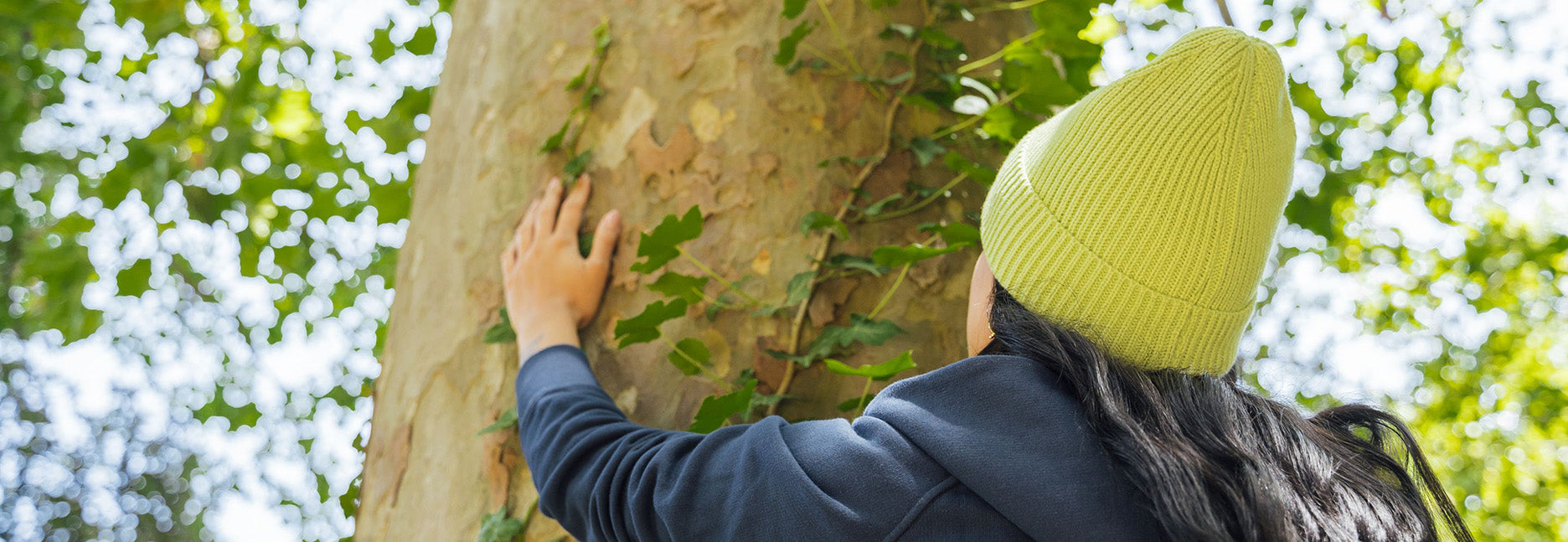
Our Path To Sustainability
Our Sustainability Manifesto
Since 1995 we have had a mission: to provide our customers with high quality headwear.
That is why we devote passion and care to the manufacturing of our products.
Over the years, the dedication has become something more: a commitment to production that is increasingly responsible and respectful of the planet and people.
Following a sentiment that was already running through our company and observing the effects of climate change, we realized that we would have to question the way we do things to start doing them differently.
As one of the first in the merchandising industry, we decided not to sit idly by and give a signal toward change in production and communication.
Our journey began in 2018 – with the introduction of the first Standard 100 by Oeko-Tex® certified items, greener dyeing processes, and traceability passports for our products -and continued with the design of an overall strategy anchored in the United Nations Sustainable Development Goals, which led us to introduce new materials with a low environmental impact and publish our first Sustainability Report.
Today we continue to deepen and consolidate our strategy by working on three crucial pillars: product and supply chain, environment, and people.
By 2025 we want to do even more by including elements with reduced environmental impact in 100% of our Atlantis Collection, investing in research and development to reduce our environmental impact, taking care of our employees, and supporting local communities.
For us, being sustainable is not just a business opportunity, but a behavior to be adopted in everyday life. It is not just a responsibility.
It is a revolution. It is the natural evolution that every company must go through.
Our Goals
Our long-term goal is to become a fully 100% sustainable company. To achieve this, we have set the following objectives:
- Reduce our environmental impact by using recycled and organic materials in our products whenever possible.
- Implement sustainable production practices and eliminate unnecessary waste in our operations.
- Reduce our carbon footprint by using renewable energy sources and offsetting our emissions.
- Prioritize fair labor practices by working only with suppliers who share our values.
- Continuously monitor and improve our sustainability practices to ensure we are making progress towards our goals.
Learn more about how we're reaching our goals here:
Our Preferred Fabrics
-
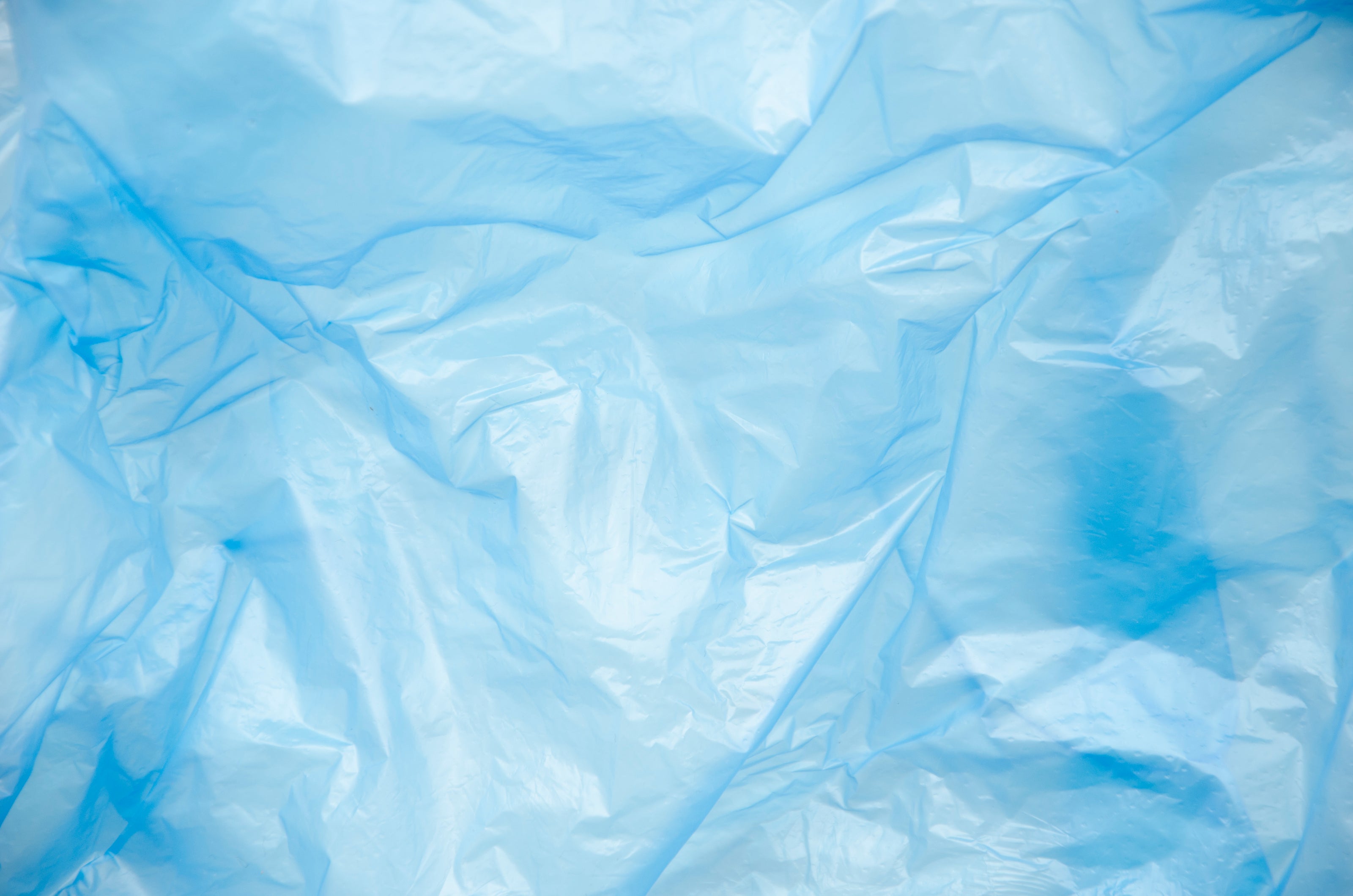
Recycled Polyester
Learn MorerPET is the sustainable choice as it's made by transforming used plastic bottles into new polymers and then into textile fibers that can be recycled multiple times to create new plastic objects.
-
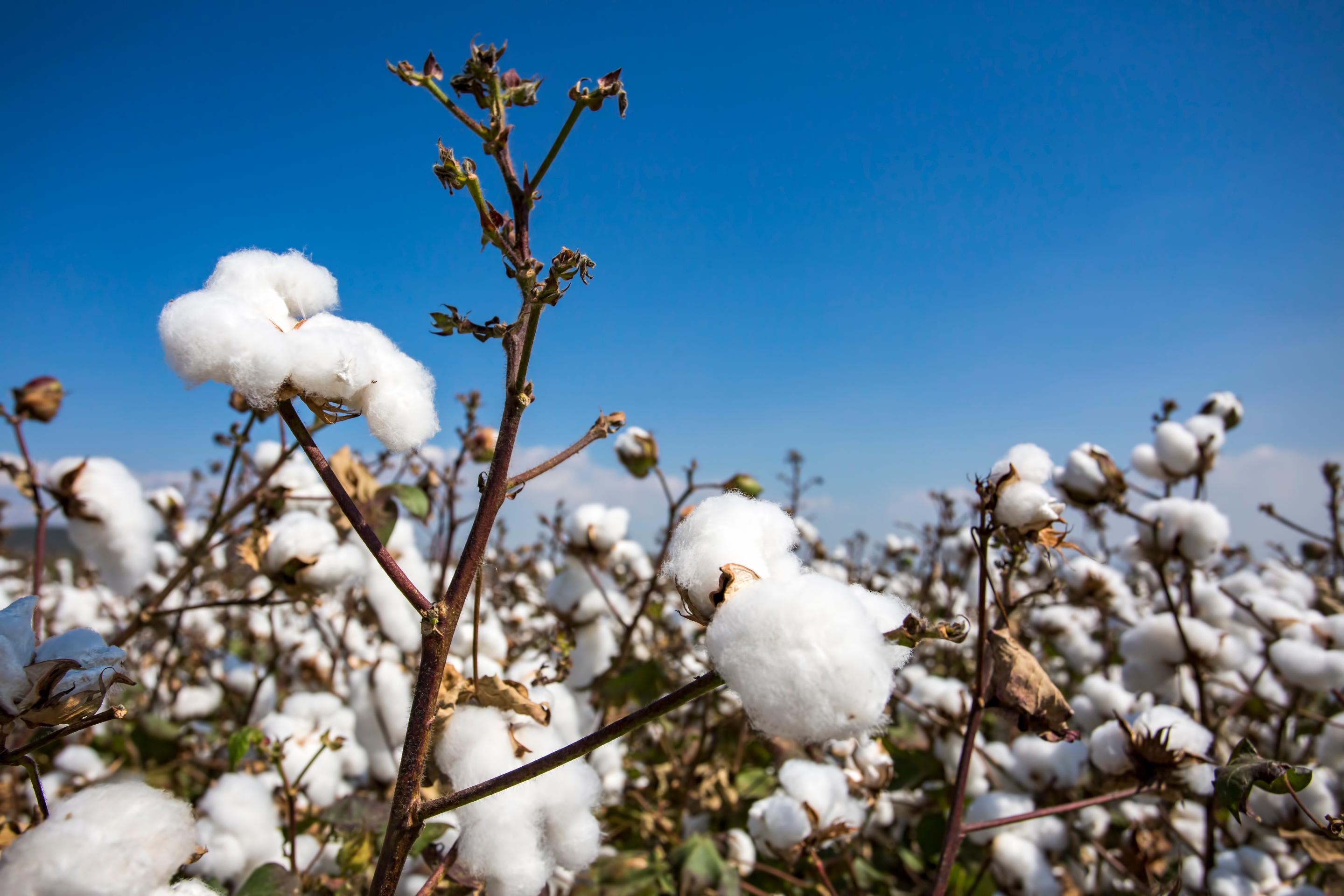
Organic Cotton
Learn MoreOrganic cotton is eco-friendly, promoting sustainability through reduced water and energy consumption, while also benefiting farmers and offering high-quality, natural fibers.
-

Polylana
Learn MorePolylana is a sustainable fiber made from recycled polyester and virgin wool, using significantly less energy, water, and waste than traditional methods.
Recycled Visors
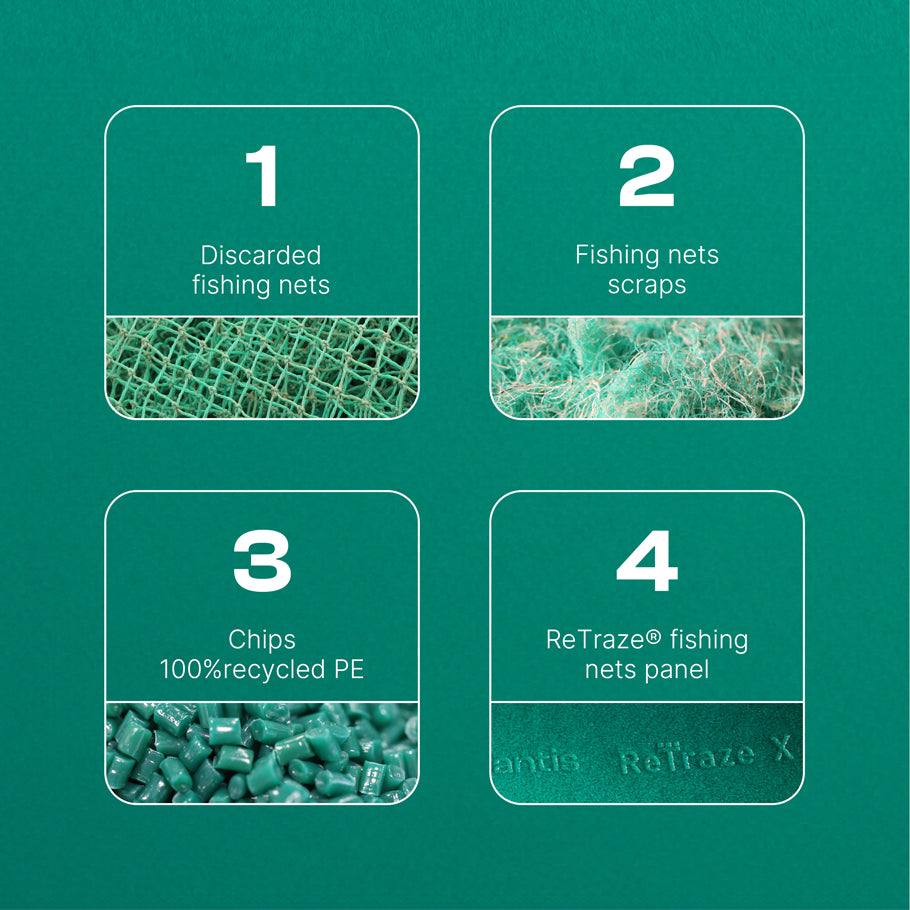
Humanity produces over 430 million tonnes of plastic a year globally, two-thirds of which are short-lived products that soon become waste. Abandoned, lost, and discarded fishing gear, known as “ghost gear”, is a critical yet often overlooked contributor to oceanic plastic pollution. It’s estimated to account for 20-30% of sea-based plastic litter.
ReTraze collaborates with small businesses, fishermen, and NGOs to collect discarded fishing nets and transform them into 100% recycled PE.
Since 2016, ReTraze has been actively involved in collecting these abandoned fishing nets. Through years of meticulous research and continuous improvements, they have established a vertical supply chain that effectively converts discarded fishing nets into 100% recycled PE ReTraze fishing net panels.
The recycling process employed by ReTraze involves physical methods, including sorting, cutting, washing, melting, chipping, extrusion, and precision cutting. Through their efforts, they not only reduce waste, but also create a product that stands testament to the potential of responsible recycling.
From 2024, we proudly introduced recycled visors on all Atlantis collection’s items
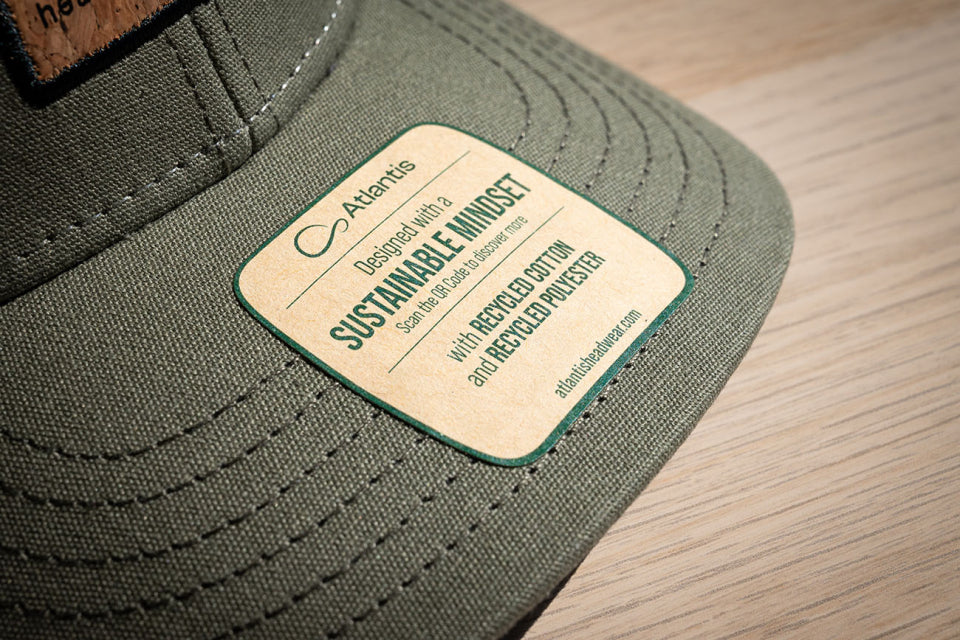
Stickers & Tags
From 2024, we decided to limit the use of stickers and tags and carefully select the materials used to make them.
These are useful components for showcasing our products, but they are thrown away once the hat is worn. That’s why we’ve worked first to reduce their quantity and weight, and then to use alternatives such as recycled paper when we really can’t do without them. The research never stops, and we will continue to look for ever-lower-impact solutions.



